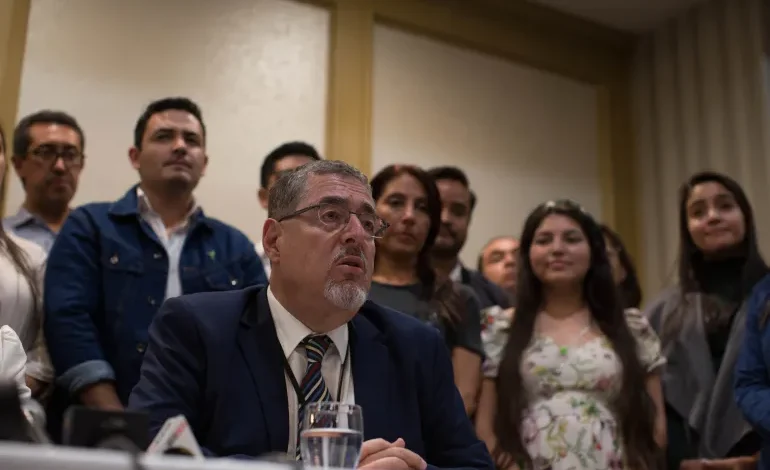Progressive party stages surprise upset in Guatemala elections

There were cheers and tears in the upscale hotel in southeast Guatemala City where the Movimiento Semilla, or Seed Movement, held their election viewing party on Sunday, as the reality set in.
The Seed Movement’s presidential candidate Bernardo Arevalo had advanced to the second round of the election, nabbing one of two spots in the August 20 run-off.It was a surprisingly strong finish for Arevalo, 64, a congressman and son of Guatemala’s first democratically elected president. He earned 12 percent of the vote, putting him just behind frontrunner Sandra Torres at 15 percent.
His dark-horse success has some experts speculating the results were a rebuke to Guatemala’s political establishment — and the rollback of democratic norms that some critics observe in the country.
“The vote for the Seed Movement means a rejection of corruption, a rejection of traditional parties,” Gabriela Carrera, a political science professor at Rafael Landivar University in Guatemala City, told Al Jazeera.In recent years, Guatemala has come under scrutiny for alleged attacks on its free press and anti-corruption advocates, leading experts to question its democratic stability.
But political observers like Carrera see the Seed Movement’s success in Sunday’s election as a sign of shifting political tides. Not only did Arevalo advance to the final round of the presidential race, but his party also picked up 24 seats in Congress, an increase from the six they won in the 2019 elections.
Arevalo had campaigned on anti-corruption and improving healthcare and education. In the wake of Sunday’s election results, he also announced that he would work for the return of the nearly three dozen judges, prosecutors, investigators, journalists and activists who have been forced into exile since 2020.
Torres an early frontrunner
While Arevalo’s second-place finish was unexpected, the success of his rival Torres, a conservative with the National Unity of Hope (UNE) Party, was widely anticipated.










